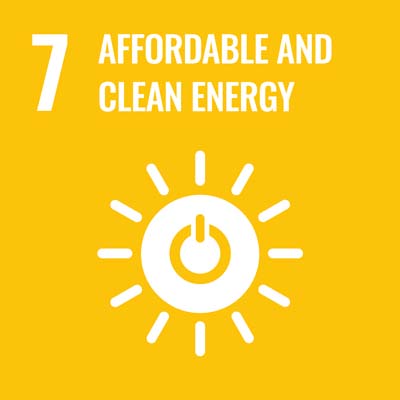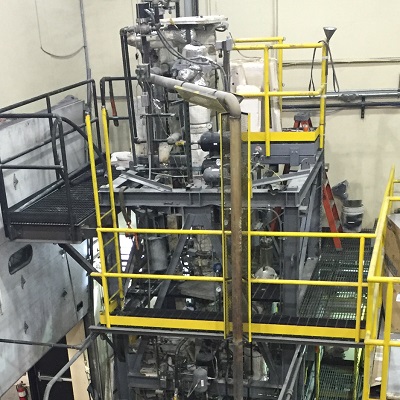- DatesDecember 2019–March 2021
- SponsorDepartment for Business, Energy and Industrial Strategy’s (BEIS) Energy Innovation Programme
- Funded£7.5 million
- PartnersGTI and Doosan Babcock
Hydrogen (H2) is a vital compound that goes into the production of fertilisers and chemicals, as well as an essential reactant for many processes. The demand for low-carbon hydrogen is expected to increase significantly in the future, as H2 is used to decarbonise the gas grid, industry, power generation and transportation. The process for the direct production of hydrogen from natural gas that will be used in the project is compact yet scalable to very large plants. It has the potential to produce high purity hydrogen at an up to 30% lower cost than conventional steam methane reforming methods that require CO2 capture as an additional expensive process step. Conventional technology is also limited in the portion of CO2 emissions that can actually be avoided with reasonable economics. A key benefit of the new process is that it could be more economical and efficient than other technologies as the product streams are pressurised.





